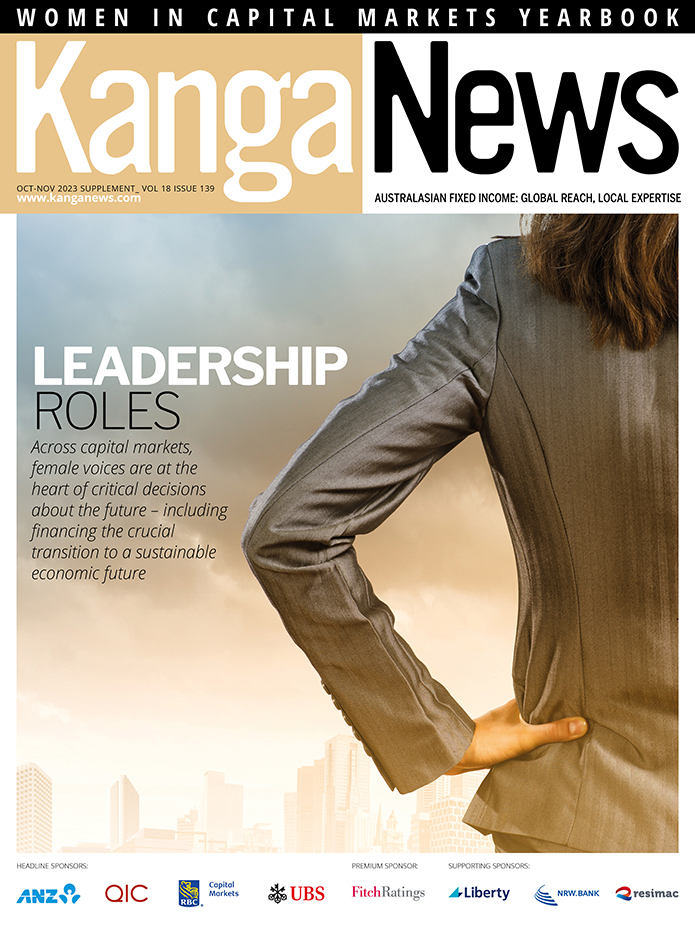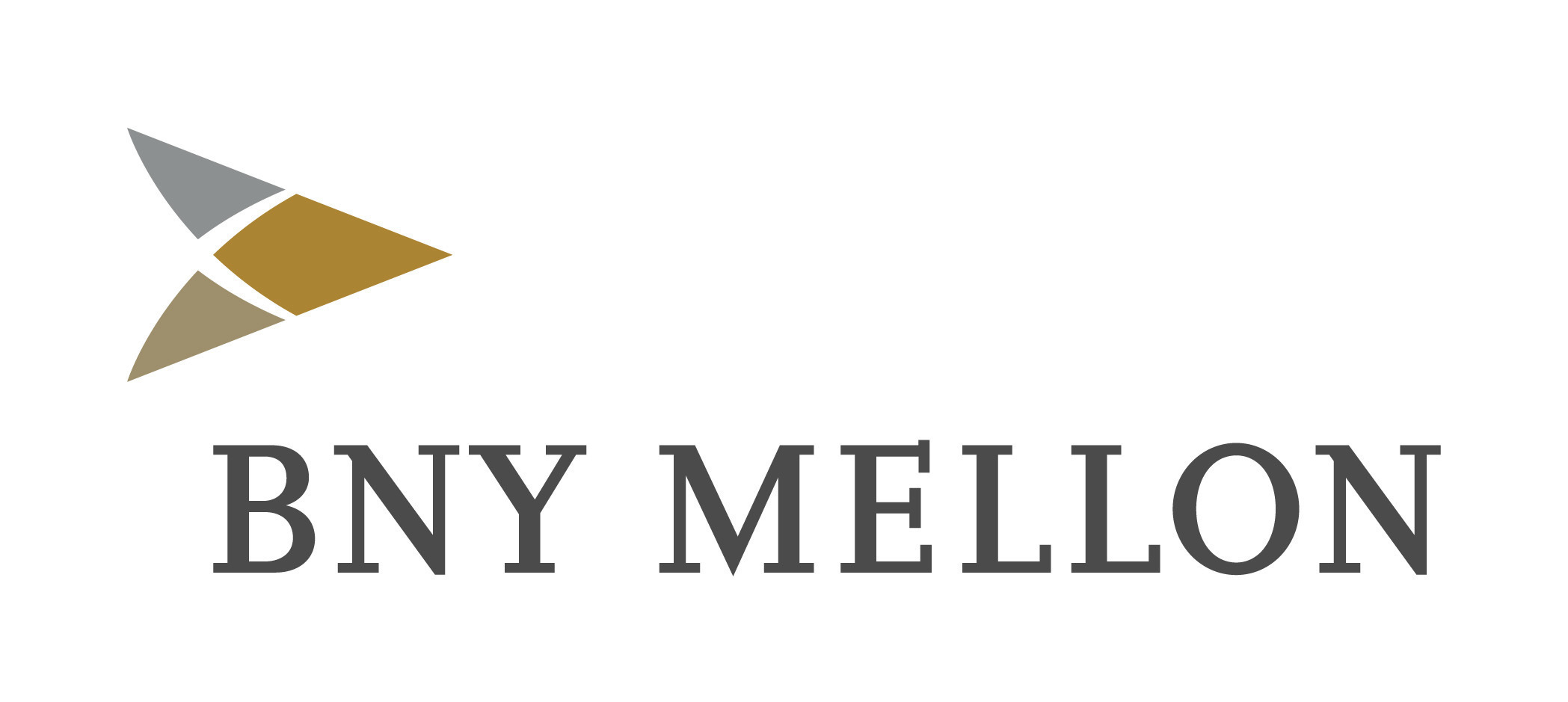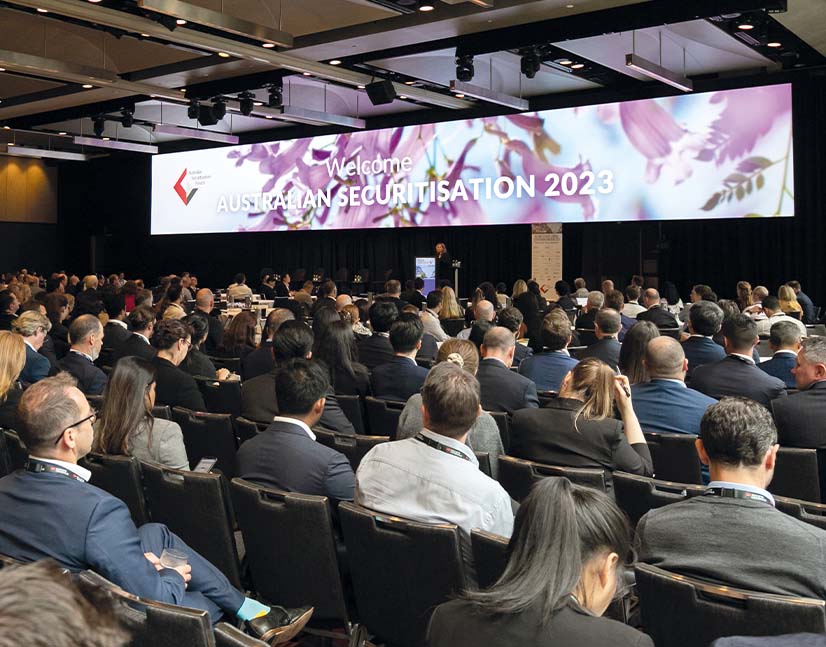
Fast-changing Australia at inflection point
Alexis Walker, branch manager and relationship management and strategy head, asset servicing and digital, Australia at BNY Mellon, has recently returned to Sydney after 12 years working overseas. Her international experience has shaped her view on Australia and its fast-changing finance industry.
Anna O’Sullivan, head of transaction management, corporate trust at BNY Mellon in Sydney, speaks to Walker about the differences between Australia and other countries in areas including working through COVID-19, diversity, equity and inclusion, and digitisation.
O’Sullivan You and I co-chair BNY Mellon’s women’s initiative network (WIN) in Australia. As part of a global business, I think we are fortunate to have exposure to how organisations are tackling diversity, equity and inclusion (DE&I) – but what are your observations on DE&I in Australia versus overseas?
WALKER The state of diversity in Australia and the country’s attitude toward women has improved in recent years, but there is still some way to go. The pay gap, the superannuation gap, women facing homelessness, domestic violence, childcare and other issues hold the agenda back.
Progress is at the forefront of all our minds in Australia, given the news cycle over the past 12 months. In many ways, I wish I had got involved in helping advance the gender-diversity agenda earlier in my career. But what I can do now is encourage and inspire others to continue to press forward on these matters.
On the positive side, many organisations are doing great work and shining a light on these issues. But attitudes and behaviours more generally have lagged. We need to work together to change or call out outdated practices, otherwise progress in Australia will continue to be slow.
Global companies have had continuous DE&I agendas and objectives for a long time. Our internal employee group, WIN, supports the advancement of women at BNY Mellon by offering a deep roster of professional-development opportunities, including leadership roles, mentoring and sponsorship, skills training, and networking with peers, clients and the company’s executive leadership. WIN’s “male allies” programme helps break down the perception that gender equality is a women’s issue.
In addition, BNY Mellon has been fulfilling its commitment to increase female representation globally through specific goals to strengthen internal and external talent pipelines and support the advancement of women to senior leadership positions.
O’Sullivan Speaking of Australia getting closer to the rest of the world, Australia’s experiences with the pandemic have converged with those of other countries last year. But how do you believe working lives will change in the longer term – and what is BNY Mellon’s global strategy?
WALKER The long-term effects, nationally and globally, have not yet become completely clear and we have not yet seen which changes will remain as conditions normalise.
Remote working was less common prior to March 2020. Now the technology to support it has developed, we have the ability to introduce a hybrid model that gives employees the flexibility to work either in the office or from home. This hybrid approach is BNY Mellon’s go-forward model.
We decided on a hybrid model to enable us to meet the expectations of our clients and employees while being mindful of regulatory and compliance requirements of our highly regulated industry. The hybrid approach reflects that there is a degree of flexibility where productivity can be optimised and culture can thrive.
There is an emphasis on creating a consistent, holistic employee experience no matter where the work is happening. Innovative tech, tools and infrastructure that support spontaneous idea-sharing and cross-team collaboration will help break down silos and foster a more inclusive culture. The result will be employees who are better connected and more engaged.
“Our vision for the future of work is ‘working together everywhere’: combining the best of remote and in-office working arrangements to build a flexible, collaborative and effective workplace for all staff members. Employee engagement requires continuous focus and energy.”
O’Sullivan How did the COVID-19 response work at BNY Mellon? How challenging was rolling out a new approach?
WALKER BNY Mellon has invested significantly in resilience, risk management and technology. The impact of this cannot be underestimated.
Our strong focus on digitisation, established business-continuity plans and the power of global systems allowed the firm quickly to mobilise and transition to a remote-working model across Asia Pacific as COVID-19 took hold. In Australia, we kept our employees safe by reducing our in-office footprint to meet only essential activities while maintaining service standards for our clients.
Since the start of the pandemic, we have become even more innovative about connectivity between people. Our vision for the future of work is “working together everywhere”: combining the best of remote and in-office working arrangements to build a flexible, collaborative and effective workplace for all staff members. Employee engagement requires continuous focus and energy.
O’Sullivan You have talked in the past about the concept of operating locally with a global mindset. What are some of the opportunities for clients in the local market?
WALKER We have a very diverse client base across many segments, and we see several emerging themes. The Australian market has been significant and sophisticated for some time. But many market activities are bringing greater scale to Australia.
For example, we see a lot of mergers among superannuation funds, while banks have been divesting their investment-management and wealth divisions. With some of the segments in the financial industry coming into larger-scale organisations, the propensity to have a global mindset will accelerate.
There will also be continued growth toward global and real assets. We are seeing clients driven toward global-market products and programmes due to the need for alternative yield-enhancement strategies caused by the high-liquidity and low-rate environment.
Australian clients need to access global markets via programmes such as ADRs [American depository receipts], while corporate borrowers and financial institutions need assistance with their environmental, social and governance strategies via investment solutions or data and analytics insights and consultancy.
“Attitudes and behaviours more generally have lagged. We need to work together to change or call out outdated practices, otherwise progress in Australia will continue to be slow.”
O’Sullivan This leads to asking about digitalisation. How is BNY Mellon thinking about digital capabilities in Australia? What offshore initiatives could have an impact here?
WALKER It is an exciting topic. Digitisation is cross-border by nature, and the way we look at digital capabilities is to “digitise this very bank”. We are focusing on operational automation and reimagining the client experience as well. This evolution goes back to the inflection point that the Australian market is facing in the sense of being sophisticated and having more entities at quite significant scale.
Two areas are likely to see growth in interest in the Australian market. The first is digital assets – bringing together the ability to manage end-to-end tokenised securities and cryptocurrencies alongside traditional assets for clients.
The second is data and analytics. With the growing appetite for real assets, data and analytics solutions are evolving to incorporate unstructured data and providing solutions as clients expand to global operating models.
These shifts reflect global trends, but they play a growing thematic role in the Australian market.
BNY Mellon is the corporate brand of The Bank of New York Mellon Corporation and may be used to reference the corporation as a whole and/or its various subsidiaries generally. The content contained in this material which may be considered advertising, is for general information and reference purposes only and is not intended to provide legal, tax, accounting, investment, financial or other professional advice on any matter, and is not to be used as such; you should obtain your own independent professional advice (including financial, tax and legal advice). No representations or warranties are made. These materials have been prepared solely for private circulation, and may not be reproduced or disseminated in any form without the express permission of BNY Mellon.

WOMEN IN CAPITAL MARKETS Yearbook 2023
KangaNews's annual yearbook amplifying female voices in the Australian capital market.









